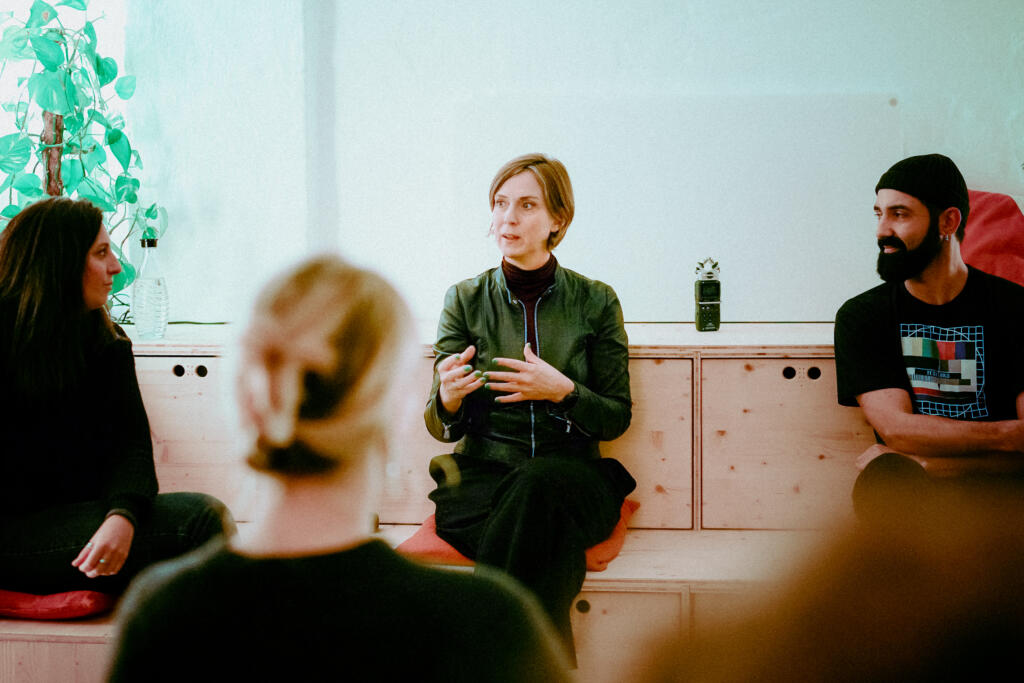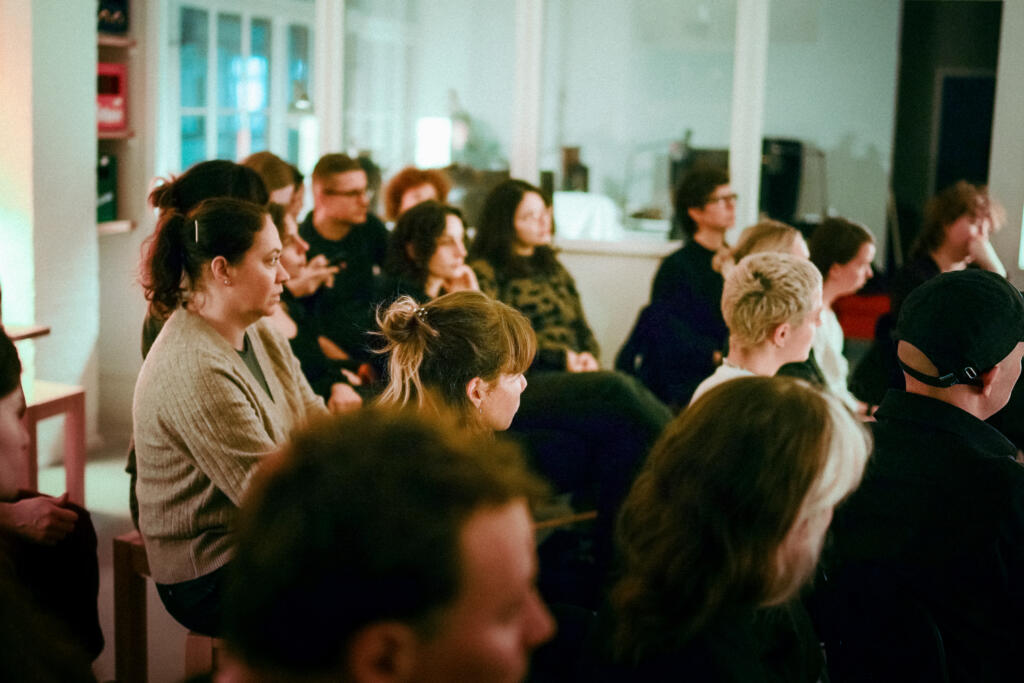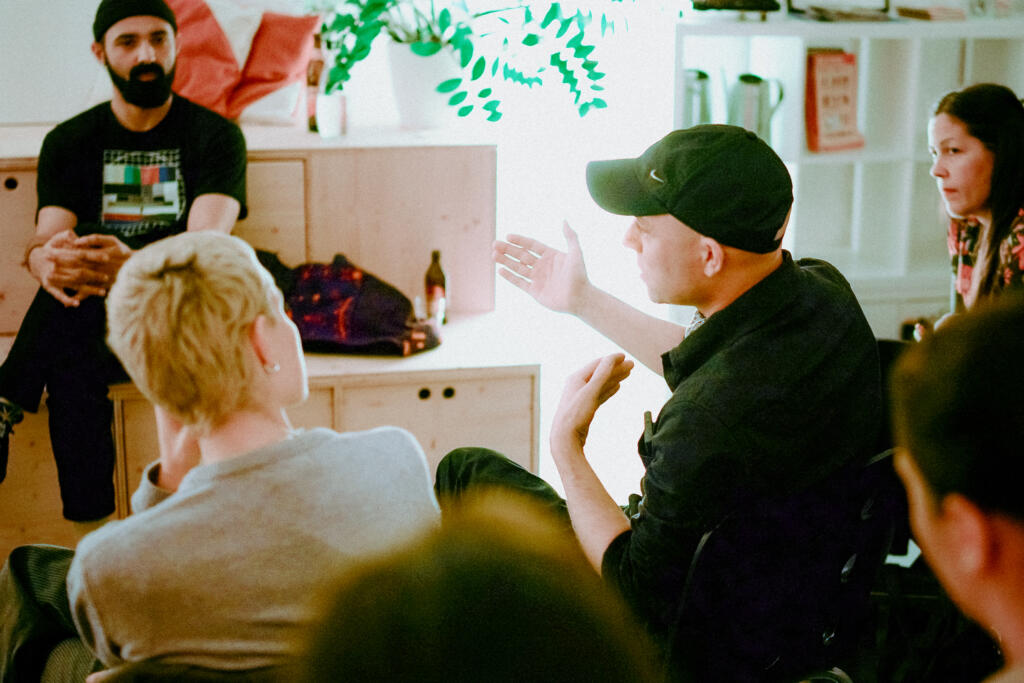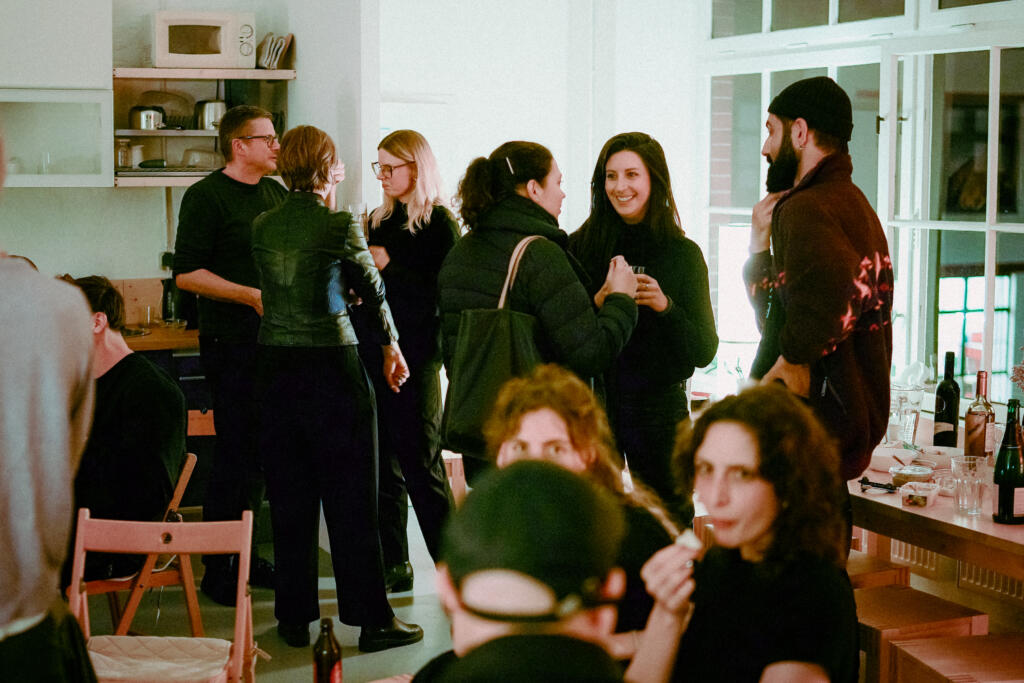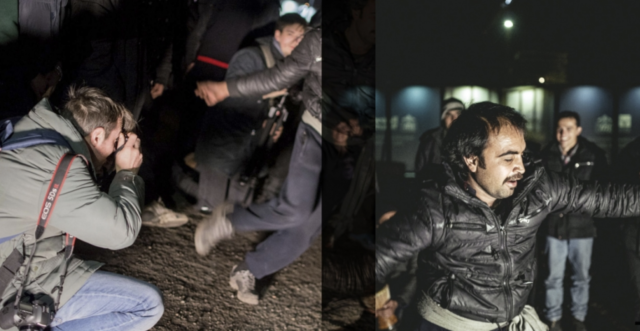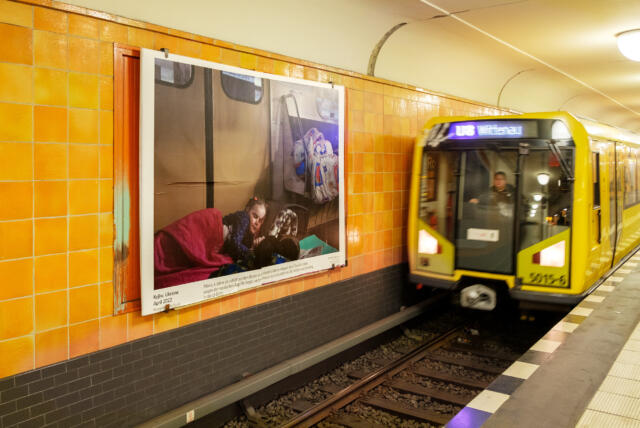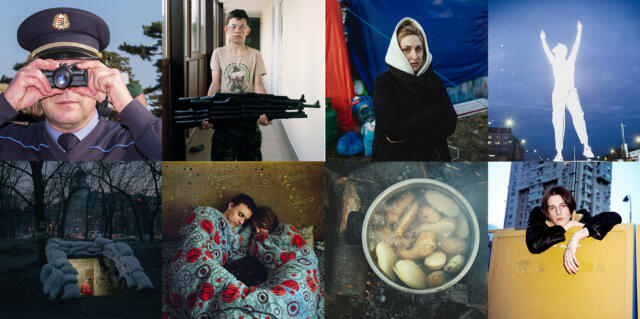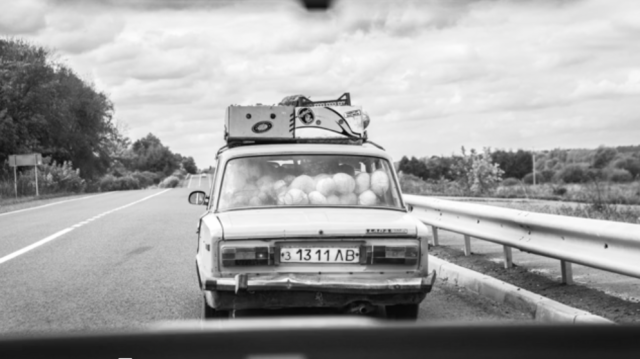For over a century, photography has served as visual proof of events, showing what happened, who was there, what was real. Today, as AI systems generate convincingly realistic images detached from any physical event, this evidentiary power is slipping away.
In a discussion moderated by Ramin Mazur, n-ost photo editor, our two speakers Gesine Born, science communicator and founder of Bilderinstitut, and Selene Magnolia Gatti, documentary photographer and visual journalist, examined this shift as both a technological and cultural rupture: photographs no longer guarantee truth, and the very act of seeing demands renewed scepticism and literacy. Instead of treating synthetic images as a passing threat, the speakers framed them as a force that pushes photography to question its own foundations.
If technical verification tools can only go so far, then the next frontier is cultural. The talk emphasised the need for visual literacy – the ability of audiences to read and question images as they would texts. Despite its long history, photography is still surrounded by clichés, and public understanding of how images shape perception remains limited. Strengthening this literacy becomes essential to counter manipulation and restore informed trust.
After some questions from the audience, the talk concluded with a call for clear ethical frameworks for the use of AI in photography and media. The boundaries of acceptable editing, artistic intervention, and fabrication must be clearly defined within professional circles and must be communicated transparently to audiences. Responsibility, the speakers noted, cannot be placed solely on technology – it requires coordination between creators, media institutions, and tech platforms alike.
